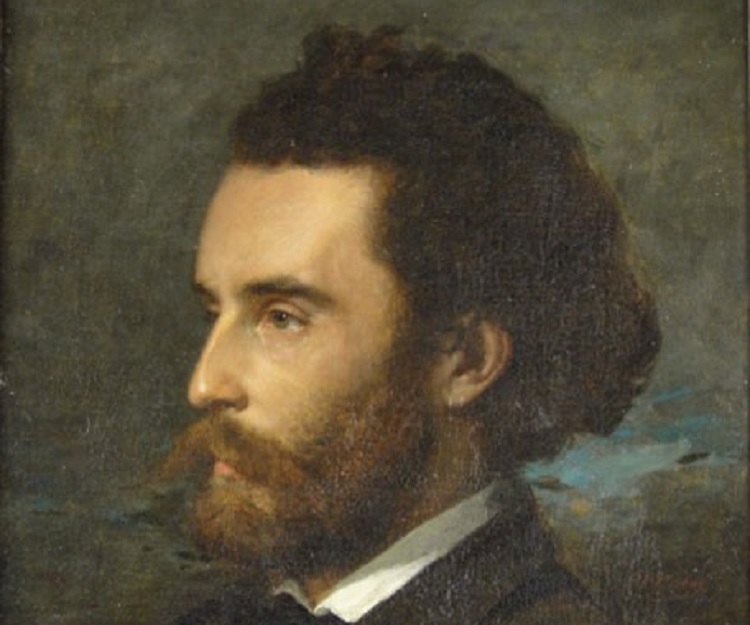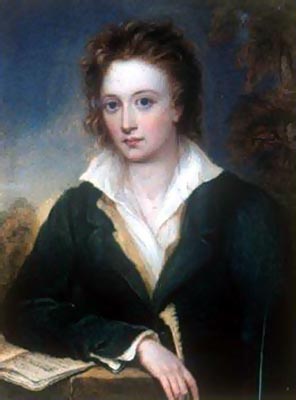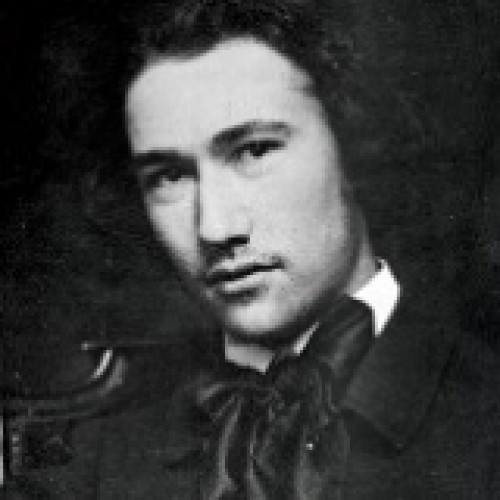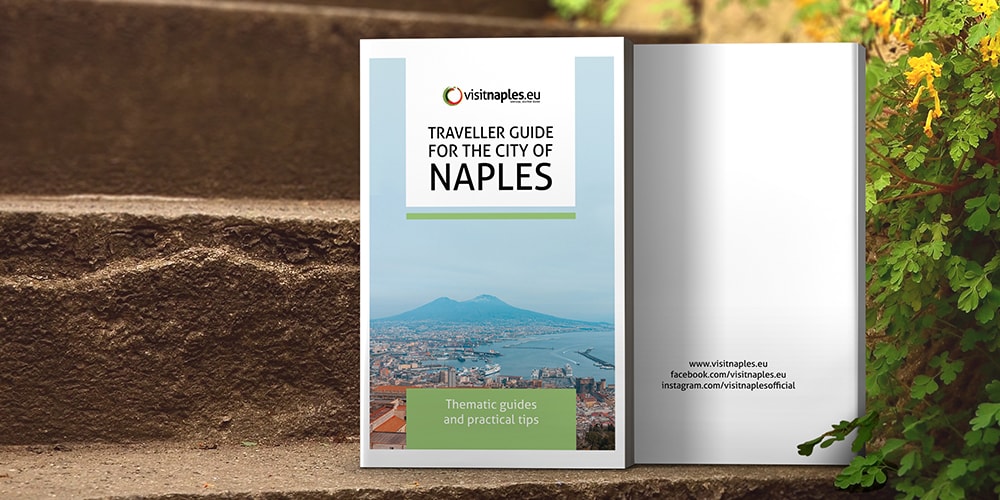Naples has always been a source of inspiration for writers and artists. You probably know that already. Still, have you ever wondered why?
There are many reasons why foreign writers were bewitched by Naples, and now we’re going to take a look at some of them.
5. Alfred de Musset - a play set in Naples

Alfred de Musset set his play “The Moods of Marianne” (1833) in Naples. In a fanciful Naples a love triangle takes place during a carnival, where people disguise their feelings as they disguise themselves. The city with people of all kinds was the perfect background for the play by the French romantic poet, where the heroine is as moody as love is, and Naples too.
4. Percy Bysshe Shelley - an Ode to Naples

Alfred de Musset set his play “The Moods of Marianne” (1833) in Naples. In a fanciful Naples a love triangle takes place during a carnival, where people disguise their feelings as they disguise themselves. The city with people of all kinds was the perfect background for the play by the French romantic poet, where the heroine is as moody as love is, and Naples too.
3. André Gide - A Nobel prize winner that wrote about Naples

Before winning the Nobel prize, French novelist André Gide wrote “The Immoralist” (1902). The hero of this novel makes a journey of recovery and discovery with his wife, and Naples and Sorrento are among the stops they choose.
2. Tahar Ben Jelloun - a Novel about Naples as a city

In more recent times, a lover of Naples is worldwide famous Tahar Ben Jelloun. Once he was asked to write a novel set in Naples, and he accepted the challenge. The result was “L’auberge des pauvres” (1999), drawing inspiration by the building by the same name in the heart of Naples. Personal histories and tales merge in this novel, that praises a city made of many stories to tell.
1. William Shakespeare - A love story for the prince of Naples

Last but not least, William Shakespeare needs no introduction. What’s his connection with Naples? None of his plays takes place in Naples.
However, in the “The Tempest” (1611), there is the love story between Ferdinand and Miranda. He’s the Prince of Naples, she’s the daughter of the Duke of Milan, and their fathers are rivals. Only in the end love conquers all. Their contrasted love is a metaphor of the division of Italy, that was united 250 years after the play. As with many of his works, Shakespeare was long ahead of its time!










Lascia un commento